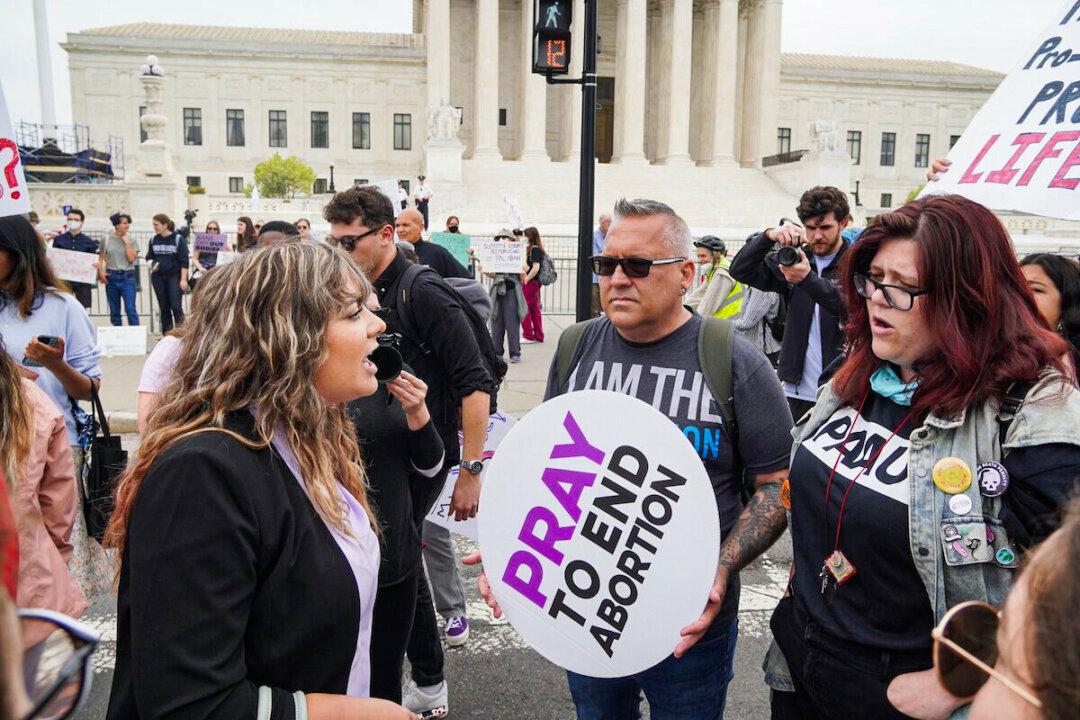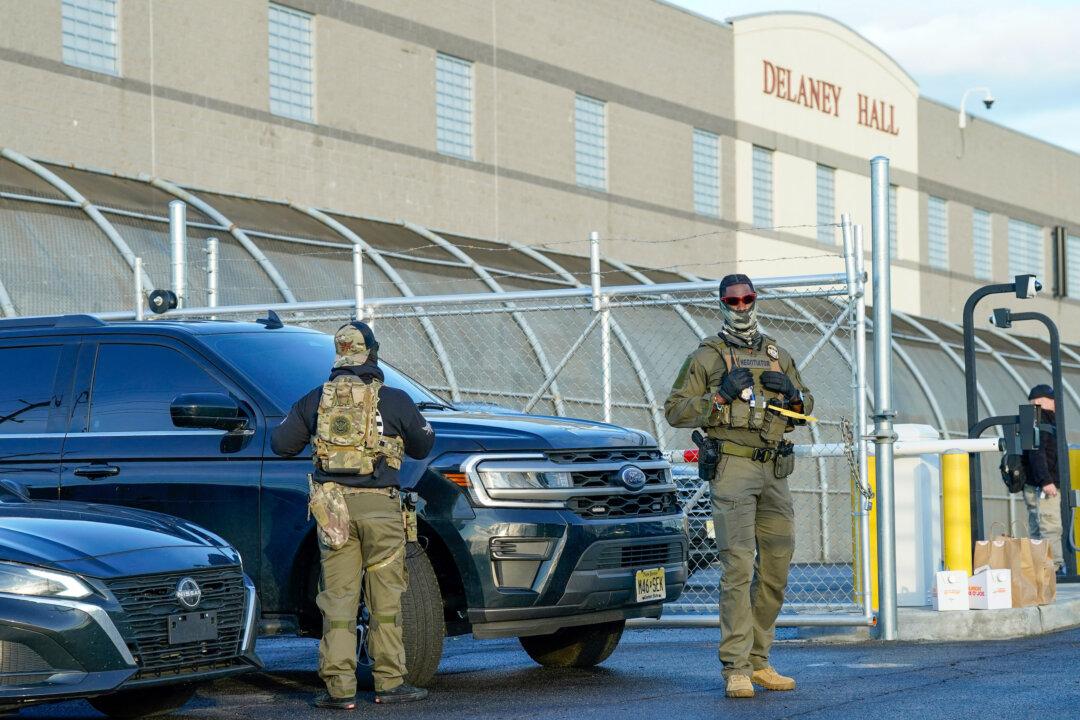News analysis
Conservative legal experts consulted by The Epoch Times reject predictions by left-wing lawmakers that if the Supreme Court formally adopts the leaked majority draft opinion striking down Roe v. Wade, the high court’s conservative majority will follow up by overturning precedents protecting same-sex marriage and civil rights.





